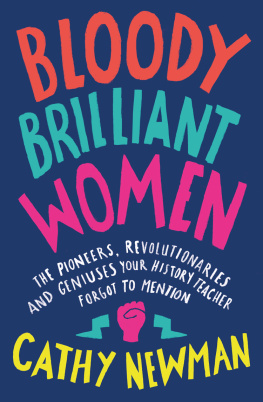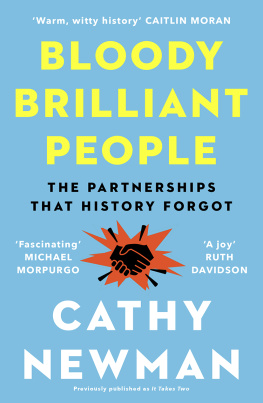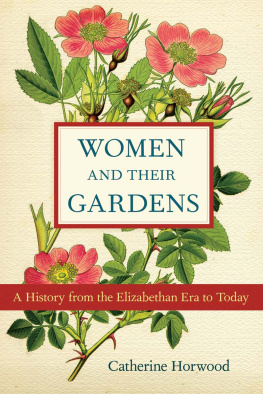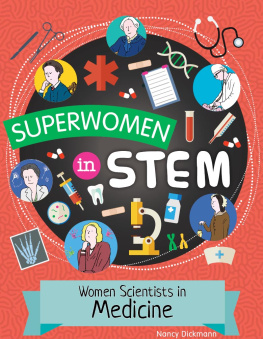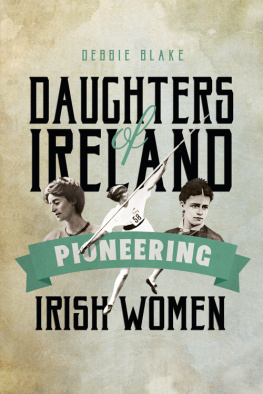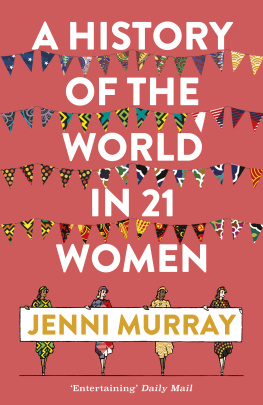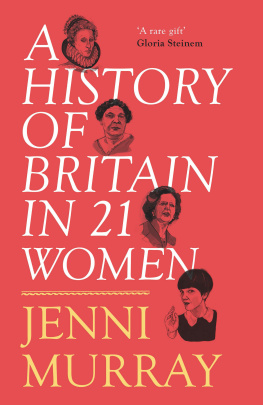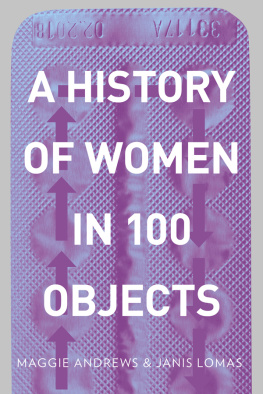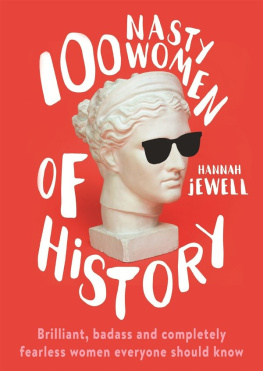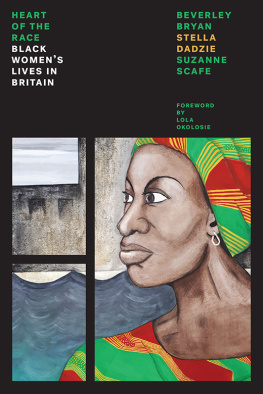Cathy Newman - Bloody Brilliant Women: The Pioneers, Revolutionaries and Geniuses Your History Teacher Forgot to Mention
Here you can read online Cathy Newman - Bloody Brilliant Women: The Pioneers, Revolutionaries and Geniuses Your History Teacher Forgot to Mention full text of the book (entire story) in english for free. Download pdf and epub, get meaning, cover and reviews about this ebook. year: 2018, publisher: William Collins, genre: Non-fiction. Description of the work, (preface) as well as reviews are available. Best literature library LitArk.com created for fans of good reading and offers a wide selection of genres:
Romance novel
Science fiction
Adventure
Detective
Science
History
Home and family
Prose
Art
Politics
Computer
Non-fiction
Religion
Business
Children
Humor
Choose a favorite category and find really read worthwhile books. Enjoy immersion in the world of imagination, feel the emotions of the characters or learn something new for yourself, make an fascinating discovery.
- Book:Bloody Brilliant Women: The Pioneers, Revolutionaries and Geniuses Your History Teacher Forgot to Mention
- Author:
- Publisher:William Collins
- Genre:
- Year:2018
- Rating:4 / 5
- Favourites:Add to favourites
- Your mark:
Bloody Brilliant Women: The Pioneers, Revolutionaries and Geniuses Your History Teacher Forgot to Mention: summary, description and annotation
We offer to read an annotation, description, summary or preface (depends on what the author of the book "Bloody Brilliant Women: The Pioneers, Revolutionaries and Geniuses Your History Teacher Forgot to Mention" wrote himself). If you haven't found the necessary information about the book — write in the comments, we will try to find it.
A fresh, opinionated history of all the brilliant women you should have learned about in school but didnt.
In this freewheeling history of modern Britain, Cathy Newman writes about the pioneering women who defied the odds to make careers for themselves and alter the course of modern history; women who achieved what they achieved while dismantling hostile, entrenched views about their place in society. Their role in transforming Britain is fundamental, far greater than has generally been acknowledged, and not just in the arts or education but in fields like medicine, politics, law, engineering and the military.
While a few of the women in this book are now household names, many have faded into oblivion, their personal and collective achievements mere footnotes in history. We know of Emmeline Pankhurst, Vera Brittain, Marie Stopes and Beatrice Webb. But who remembers engineer and motorbike racer Beatrice Shilling, whose ingenious device for the Spitfires Rolls-Royce Merlin fixed an often-fatal flaw, allowing the RAFs planes to beat the German in the Battle of Britain? Or Dorothy Lawrence, the journalist who achieved her ambition to become a WW1 correspondent by pretending to be a man? And developmental biologist Anne McLaren, whose work in genetics paved the way for in vitro fertilisation?
Were it not for women, significant features of modern Britain like council housing, municipal swimming pools and humane laws relating to property ownership, child custody and divorce wouldnt exist in quite the same way. Womens drive and talent for utopian thinking created new social and legislative agendas. The women in these pages blazed a trail from the 1918 Representation of the People Act which allowed some women to vote through to Margaret Thatchers ousting from Downing Street.
Blending meticulous research with information gleaned from memoirs, diaries, letters, novels and other secondary sources, Bloody Brilliant Women uses the stories of some extraordinary lives to tell the tale of 20th and 21st century Britain. It is a history for women and men. A history for our times.
Cathy Newman: author's other books
Who wrote Bloody Brilliant Women: The Pioneers, Revolutionaries and Geniuses Your History Teacher Forgot to Mention? Find out the surname, the name of the author of the book and a list of all author's works by series.

